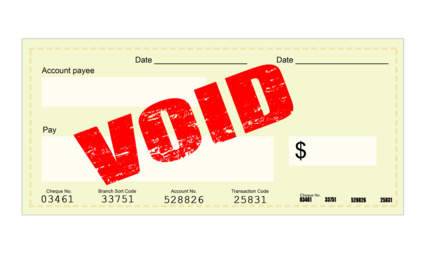Electronic Pay Stub: Legal Troubles To Avoid
If you've taken the leap and decided to use an electronic pay stub for your business, congratulations! Not only is the paperless route more friendly for the environment, but you're also saving your company a lot of money. You don't have to worry about the cost of printing, the cost of the paper, or any potential storage or disposal fees associated with paper HR records.
There are a few things you want to keep in mind when you use electronic pay stubs, however. While each state differs, there are a few local laws you'll want to pay attention to. This will help ensure you keep everything nice, tidy, and legal!
Also read: Pay Stub for an Auto Loan
Not All States Require a Pay Stub
While you are required to accurately record the hours your employees have worked and the wages you've paid to them, there's no actual federal law stating that you have to provide them with a pay stub.
Of course, this leaves a lot of room for individual interpretation, so each state has its own local laws and preferences about employers handing out pay stubs. To date, roughly 8 states have no laws requiring employers to give their employees a pay stub of any sort, unless they request a record of their wages.
Also read: Free Paystub Generator for the Self-employed
Some States Don't Like Using an Electronic Pay Stub
Hawaii, for example, requires employees to opt-in to receiving their pay stubs electronically, preferring to use paper pay stubs for their records. Some states allow people the option to simply opt-out of receiving their stub electronically.
There are also some states that allow employers to use an electronic pay stub system, but they require the employer provide a way for the employees to print the stubs out, should they choose to do so.
Also read: How Often Do You Get A Paycheck?
Access Is Important, Regardless of State
Whether your state laws require giving out a pay stub or not, employees should always have some method of accessing their pay and wage information. Not only is access to this information a requirement to help prevent wage disputes, it's also often used to verify employment for apartment rentals or loans and the like.
All the Correct Information Must Be Included
While you're making sure that you're complying with your state's laws about receiving and having access to pay stubs, it's vital to ensure that your electronic pay stub has all of the correct information on it.
All pay stubs should include:
- Rate of pay, or wage
- Hours worked per period, as well as pay period start and end dates
- A breakdown of hours paid for: overtime, vacation, holiday, regular, and such
- Any and all taxes such as local, state, and federal
- Any and all deductions such as insurance, SS, Medicare, any wage garnishments, and any contributions such as a pension plan
- The total amount of deductions taken
- Gross earnings, net earnings, and year-to-date earnings
Having all of this broken down and shown on the pay stub gives your employee all the information they need to maintain their finances, as well as showing documentation of everything in case of any wage or hour disputes.
We Can Make Going Electronic Easy for You
Whatever your pay stub needs might be, we've got you covered. We'll work with you to make sure we find the best solution for your business, and help you avoid any legal issues regarding pay stub laws in your state.
We made it our duty to help you go electronic. Get started now with our paystub generator!















